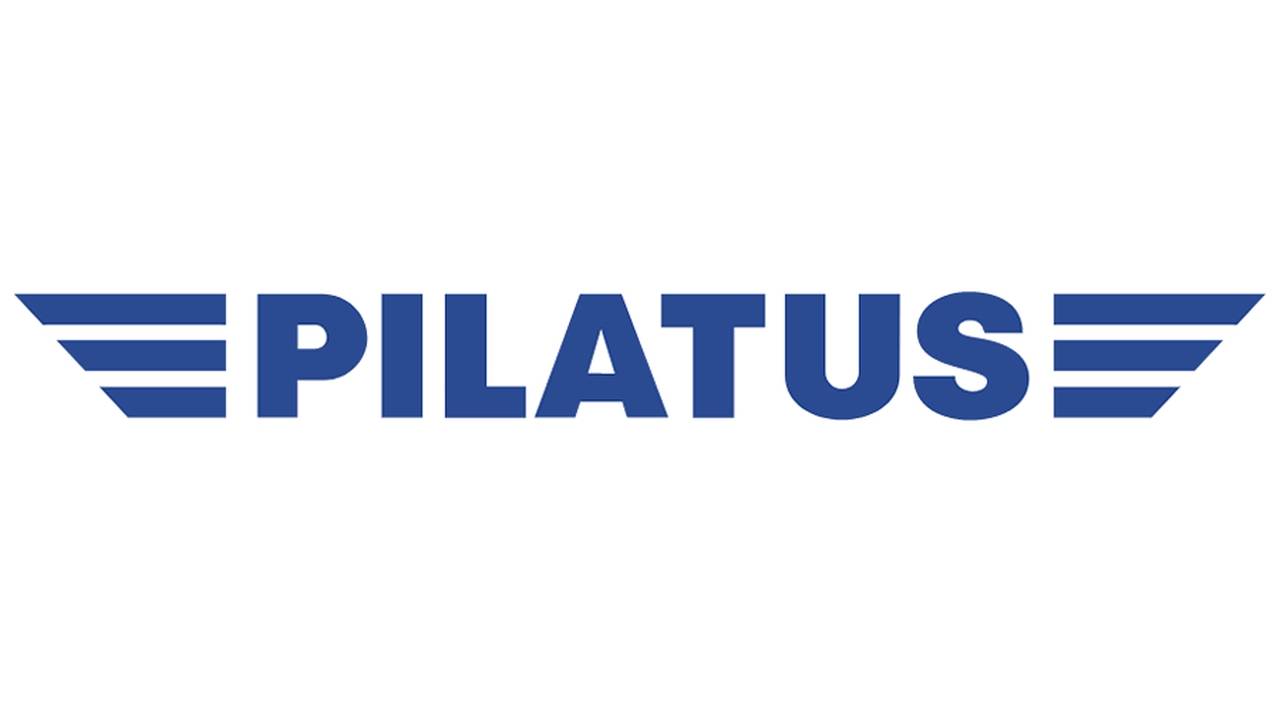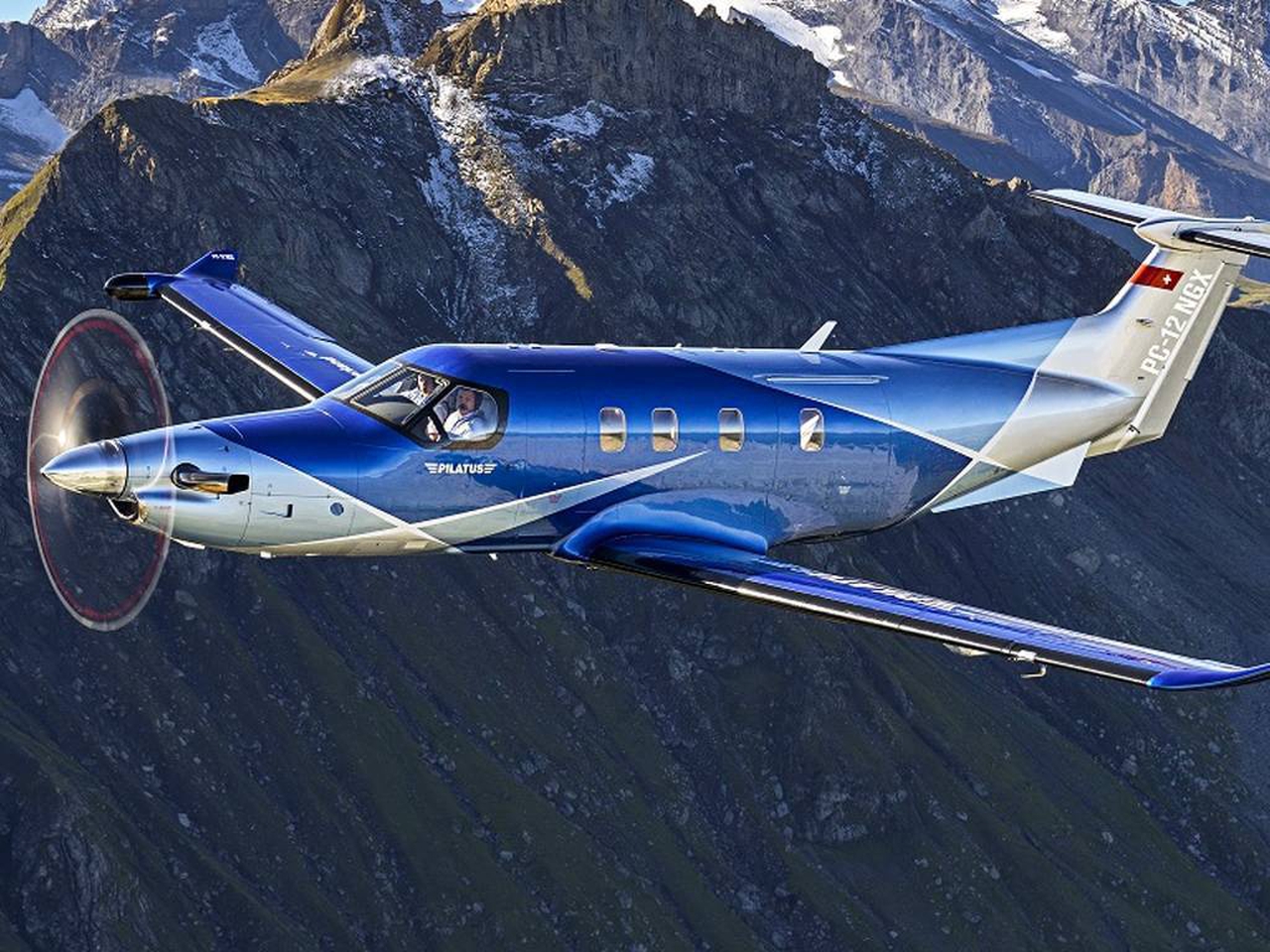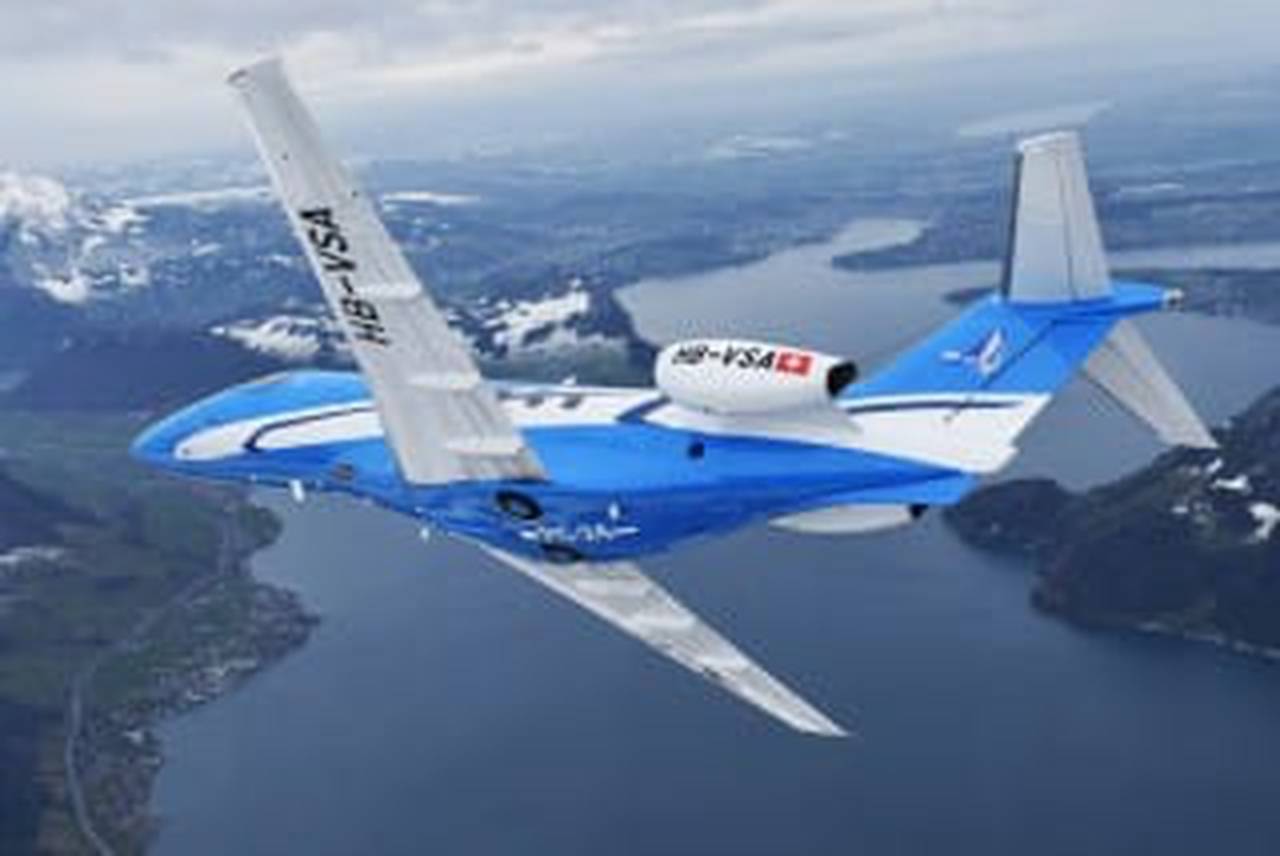Private Pilatus Aircraft Jets: Charter Business Aircraft for Premium Flights

Pilatus Aircraft: Swiss Precision in Aviation
The Success Story of a Swiss Aviation Company
Pilatus Aircraft Ltd was founded in 1939 in Stans, Switzerland, as an aircraft maintenance facility for the Swiss Air Force. At the height of World War II, the company began its own production, releasing the SB-2 Pelican training glider. The name "Pilatus" was taken from the famous mountain in the Swiss Alps, symbolizing the reliability and excellence characteristic of Swiss quality.
Over more than 80 years, Pilatus has transformed from a small maintenance operation into one of the world's leading manufacturers of special-purpose aircraft, while maintaining its independence as a private company. Today, Pilatus employs over 2,000 people, with production facilities located in Switzerland and the USA.
A Unique Place in the Aerospace Market
Pilatus occupies a special niche in the aviation industry, specializing in the creation of high-performance, single-engine turboprop aircraft that can operate in extreme conditions. Unlike mass manufacturers, Pilatus focuses on:
- Aircraft multi-functionality (the "Swiss Army Knife of Aviation" concept)
- The ability to operate from short and unprepared runways
- High reliability and structural durability
- Advanced technologies while maintaining ease of operation
- Excellent price-to-performance ratio
The company successfully combines Swiss engineering precision with practical design, making its aircraft sought after by both private owners and military customers.
Flagship Aircraft Models
PC-12 – The Icon of Efficiency
The PC-12 is Pilatus's most successful model, with over 1,800 units delivered. This single-engine turboprop aircraft offers unprecedented versatility:
- Capacity for up to 10 passengers
- Cargo door measuring 1.35 × 1.32 m
- Range of over 3,300 km
- Ability to land on unpaved and short runways from 800 m
- Quick transformation from passenger to cargo, medical, or combi configurations
The latest modification, the PC-12 NGX, introduced in 2019, features an advanced PT6E-67XP engine with an electronic propeller and engine control system (FADEC), a completely redesigned Pilatus Advanced Cockpit Environment (ACE™), and an improved passenger cabin.
PC-24 – The Revolutionary "Super Versatile Jet"
Introduced in 2014 and entering service in 2018, the PC-24 became Pilatus's first jet aircraft and revolutionized its class as the only business jet capable of landing on unprepared runways. Key features include:
- Access to over 20,000 airfields worldwide, almost twice as many as competing business jets
- Large cargo door standard on all aircraft
- Range of up to 3,700 km with 4 passengers
- Maximum speed of 815 km/h
- Rapid interior reconfiguration for various missions
PC-21 – The Advanced Pilot Training Aircraft
The PC-21 is a leader in the pilot training aircraft segment, supplied to the air forces of many countries, including Switzerland, France, Spain, Australia, and Saudi Arabia. Thanks to advanced aerodynamics and a powerful PT6A-68B engine producing 1,600 hp, the PC-21 can simulate the characteristics of jet fighters with significantly lower operating costs.
Innovations and Technological Achievements
Pilatus constantly introduces innovative solutions, maintaining a balance between technological excellence and practicality:
Advanced Avionics and Cockpit
The company was the first in its segment to fully integrate glass cockpits with advanced avionics systems. The ACE™ (Advanced Cockpit Environment) system on the PC-12 NGX and PC-24 includes:
- Four 10-inch high-resolution displays
- Synthetic vision system Enhanced Vision System (EVS)
- Advanced autopilot with automatic stability recovery function
- Intuitive system control via touch controllers
Environmental Friendliness and Efficiency
New Pilatus projects include solutions aimed at reducing environmental impact:
- Use of modern materials to reduce aircraft weight
- Optimization of aerodynamics for increased fuel efficiency
- Compatibility with sustainable aviation fuels
- Development of promising power units with less environmental impact
Materials and Manufacturing Technologies
The company implements composite materials and advanced manufacturing technologies:
- Extensive use of carbon fiber in the PC-24 structure
- Digital design and modeling of the aircraft's complete lifecycle
- Automated production with high precision
- Quality control system characteristic of Swiss industry
Development Plans and Future Projects
Pilatus is actively expanding its presence in international markets and working on several promising areas:
- Electrification and Hybrid Power Units: The company is exploring the possibilities of creating more environmentally friendly versions of its aircraft.
- Expansion of the PC-24 Model Range: Development of modifications with increased flight range and improved takeoff and landing characteristics.
- Digitization of Maintenance: Implementation of predictive maintenance based on big data analysis.
- Strengthening Presence in Emerging Markets: Especially in the Asia-Pacific region and Latin America.
- Integration of Advanced Unmanned Control Systems: For military and special versions of aircraft.
Contribution to Global Aviation
Pilatus Aircraft has made a significant contribution to the aviation industry by creating a new category of multi-purpose aircraft. Their aircraft are used for a wide range of tasks:
- Business transportation with access to remote regions
- Medical evacuation from hard-to-reach areas
- Border patrol and environmental monitoring
- Military pilot training
- Cargo transportation to regions with underdeveloped infrastructure
Pilatus's uniqueness lies in its ability to produce aircraft that combine the comfort of a business jet with the practicality and reliability of a workhorse — a quality that continues to attract customers from around the world to this Swiss manufacturer.




